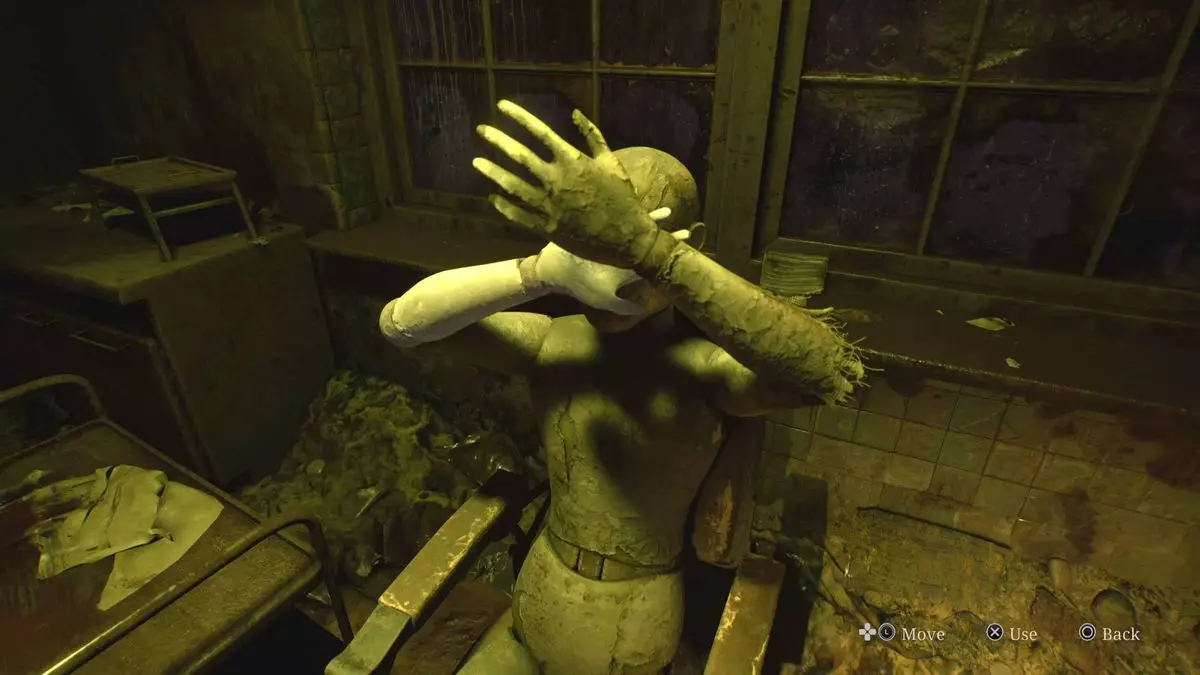As the gaming industry continually evolves, remakes have become a prevalent trend, breathing new life into beloved classics. However, these revivals often provoke strong reactions from fans, particularly when they attach emotional value to the original texts. The recent uproar surrounding the Silent Hill 2 remake, developed by Bloober Team, exemplifies the intersection of nostalgia, expectation, and the sometimes volatile relationship between fans and creators. Veteran developer Masahiro Ito, known for his foundational work on the series, has found himself at the heart of this controversy.
In a series of candid tweets, Ito expressed his disconcerting sentiments toward a vocal subset of fans who voiced their dissatisfaction with the remake, suggesting that their criticisms bordered on disrespectful. His remarks, initially shared in Japanese and later translated, conveyed a clear message: not all feedback holds equal weight, and the responsibility lies with individuals to critically evaluate what they read online. The essence of his argument was that unfounded negativity reflects an immaturity that should have no place in adult discourse surrounding art, even in the highly subjective realm of video games.
The issue surfaced when fans began labeling certain character representations within the remake as “ugly,” a statement that struck a nerve with Ito, who holds a deep connection to the series. As the original art director and creature designer for Pyramid Head, he is intricately familiar with the aesthetic choices that define the Silent Hill franchise. By disparaging creative decisions without fully understanding the context, these critics not only undermine the work of the developers but also risk distancing themselves from a community built on shared appreciation for the medium.
Despite the backlash, the Silent Hill 2 remake has received a largely positive reception from the gaming community. Holding an impressive Metacritic score of 87, the title has been praised for its immersive atmosphere and fidelity to the original storytelling. In contrast, some reviews, including one from our publication, reflect a more tempered reception, showcasing the subjective nature of game critique. While one might prefer specific elements or narrative choices, the overall consensus is that upon appraisal, the remake does honor its predecessor.
The divide hinges not only on artistic fidelity but also on the emotional connection players maintain with the original. For many, the original Silent Hill 2, released in 2001, was a platform for experiential storytelling, tapping into profound psychological themes. Thus, when revisited in a new light, expectations are naturally heightened. It’s a delicate balance for developers, who must navigate between honoring the source material and possibly updating elements to resonate with a modern audience.
Social media has fundamentally altered the dynamics between creators and their audience. Platforms like Twitter grant developers immediate access to fan feedback, but this accessibility can lead to toxic exchanges, as seen in Ito’s situation. His decision to block accounts that targeted him over these grievances illustrates a crucial point: the need for mental well-being in the face of harsh criticism.
Ito’s comments about the nature of online discourse underline a significant issue within gaming communities: the prevalence of hostile remarks aimed at creators. While it is healthy for fans to express dissatisfaction, it is equally essential to engage with the work critically and respectfully. Both parties—creators and fans—should forge a constructive dialogue that fosters growth rather than divisiveness.
As the release date approaches for the Silent Hill 2 remake, it remains crucial for its community to reflect on its interactions. Embracing a culture of respect and understanding can enhance the shared experience of gaming and ultimately celebrate the artistry behind it. Developers like Ito have poured their experiences into crafting narratives that provoke emotion and evoke memories. Thus, engaging with their work should come from a place of appreciation, even when disagreements arise.
In an industry that thrives on creativity and personal connection, perhaps it’s time for audiences to channel their passion into constructive feedback. The debate surrounding the Silent Hill 2 remake serves as a poignant reminder that behind every game is a team of artists striving to navigate the complex emotions of their players while unfolding new narratives in the landscape of gaming history.

